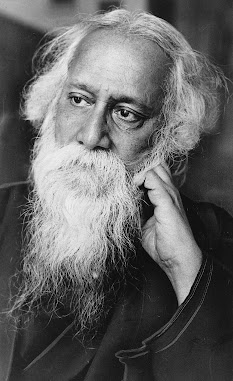Where the Mind is without Fear
Summary:
“Where The Mind Is Without Fear” is a pre-independent poem in which the poet sincerely urges to God to awake his fellow beings for the realization that the essential need to live in a free and united country. He wants his countrymen to awake and enjoy the life of full dignity and honour.
His countrymen would not be superstitious or believers of blind faith rather than they would lead the life of enlightened and educated.
He wishes to the people, to be honest, open-minded and industrious. Then only they would stretch their ‘arms towards perfection’ and the nation can actually achieve the apex of success.
They need to use their reasons over their blind faiths and must be ready to accept new thoughts and ideas. He requests God to free his country from manipulation, corruption, and slavery. He yearns for an awakened country where there would be freedom of the mind and expression of ideas.
The poem invokes the deep patriotic feelings. Our country is subjugated by castes, creed, superstitious beliefs and biased ideas. Tagore earnestly appeals to God that a country would be where people’s ‘head is high’ and ‘knowledge is free’.
His country would not be divided and fragmented into pieces due to their narrow thoughts. They should express their words not from the mind but from ‘the depth of truth’ and heart.
He urges God to guide his countrymen for moral awakening to fight for their rights against British inhuman rules. Liberate them from the fear of oppression, repression, and subjugation. Unshackle the chains of fear and direct them to the paths of progress and prosperity.
They should be confident not confined. There would not be injustice and inequality in the country on the basis of caste, creed, and gender.
Countrymen should be unprejudiced and open-minded accepting the new challenges and changes. They should lead their lives of decency and dignity.
To conclude “Where The Mind Is Without Fear” is a poem in which Tagore reveals his personal quest for the Divine and characterized by a variety of original themes both in thought and expression.
Therefore, this poem is remarkable to a great extent which expresses the intensity of the feeling of freedom. His poem is universal in its appeal and envisions the ‘heaven of freedom’ and happier future for mankind.

Comments
Post a Comment